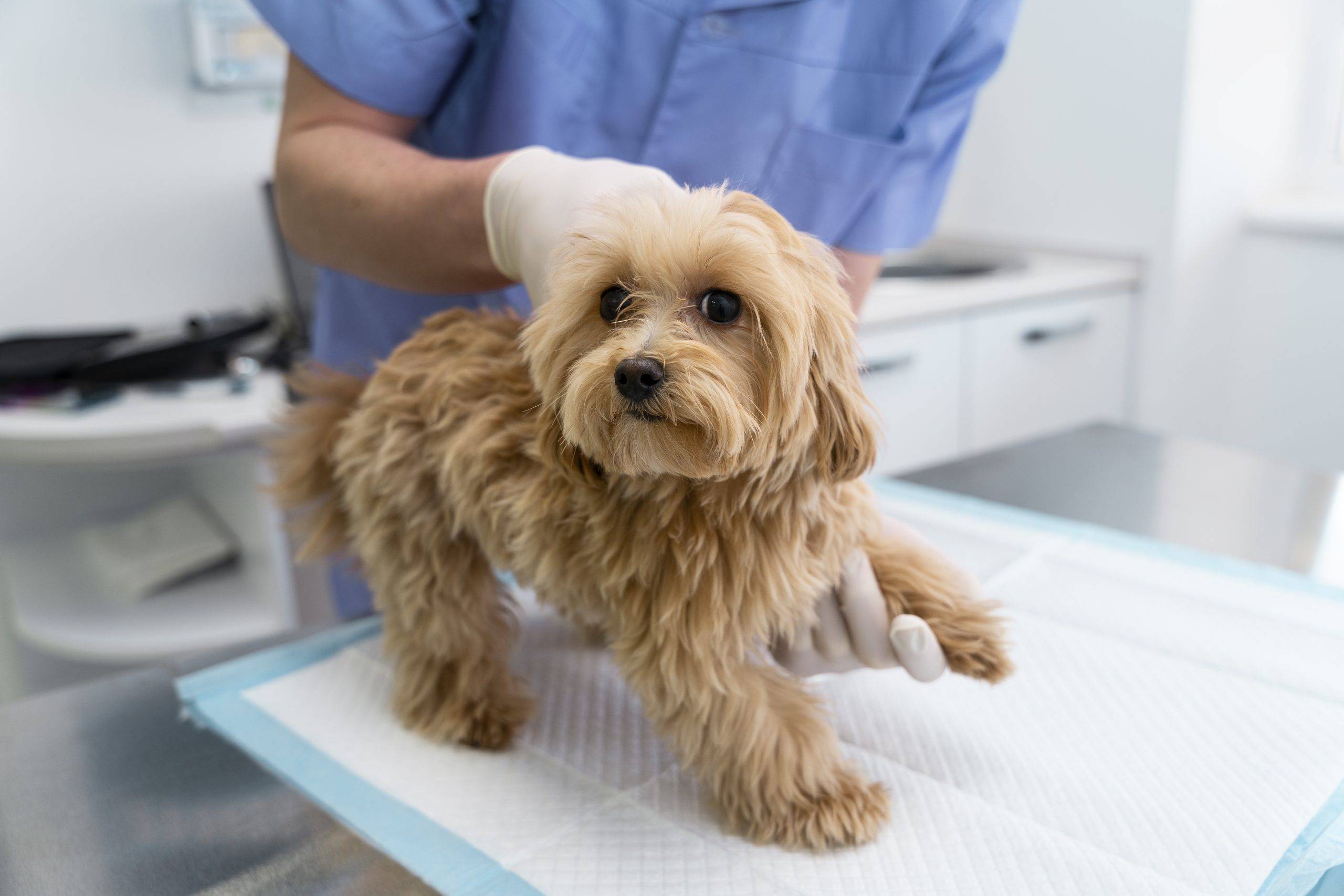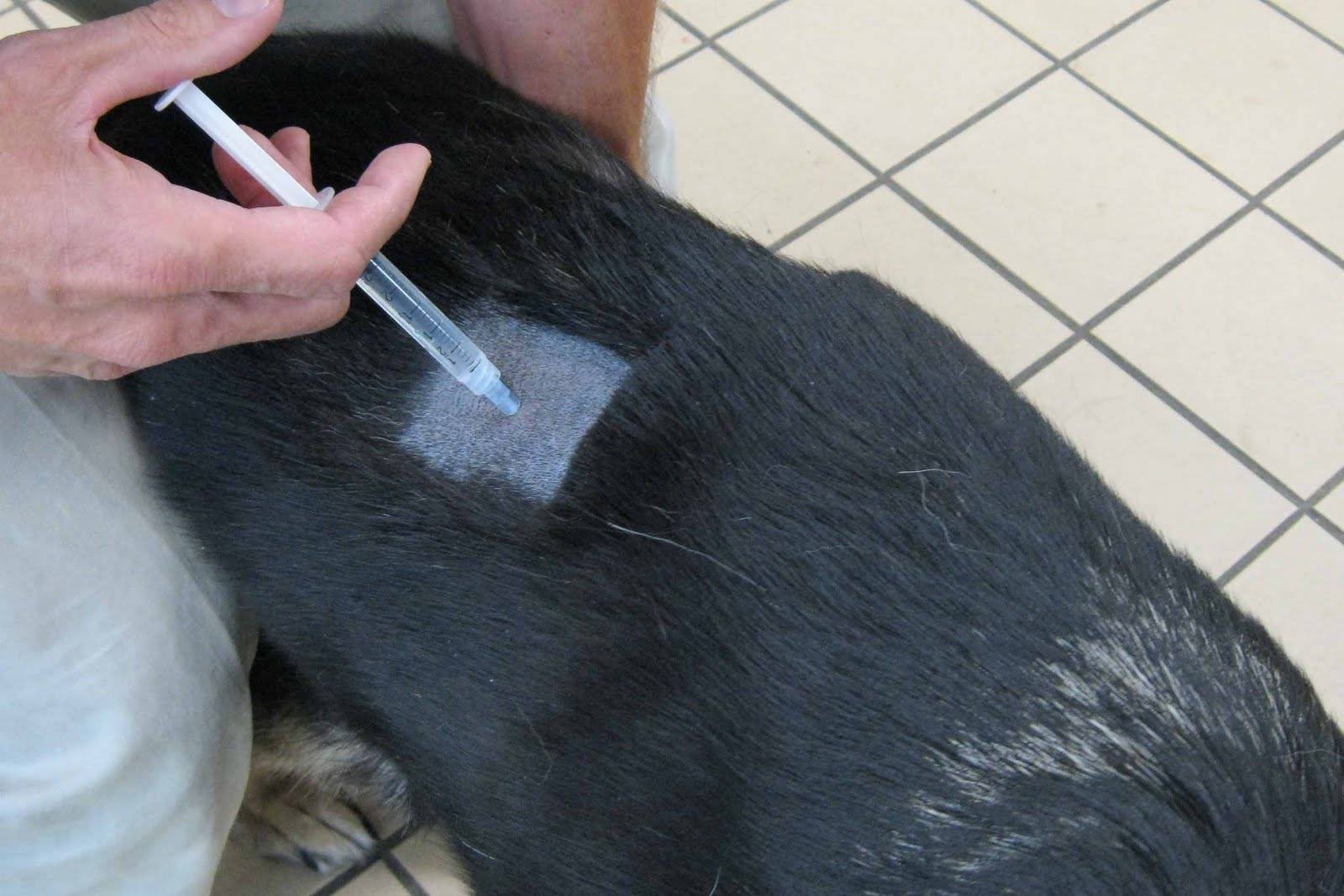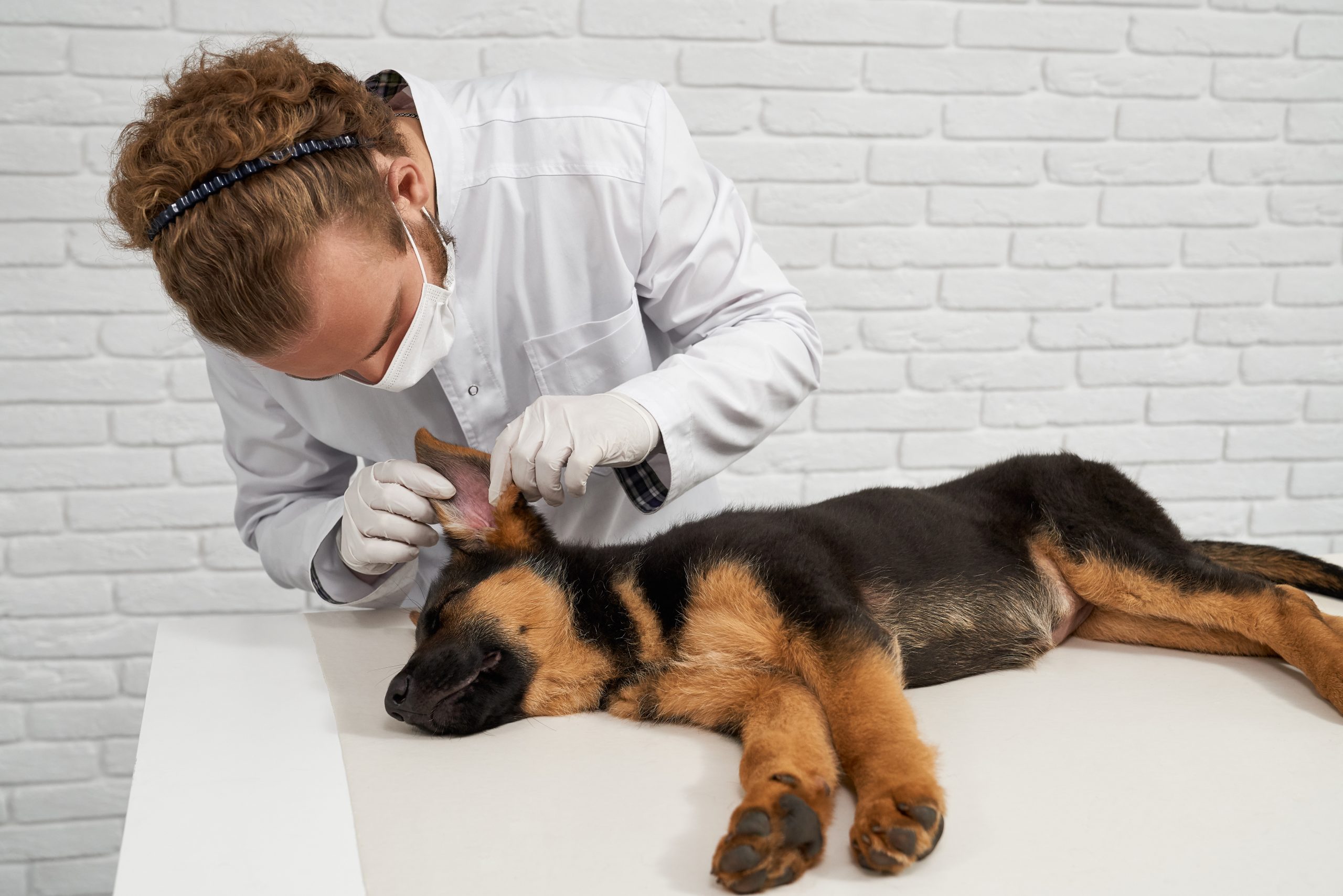As a pet owner, you can’t understand the pain and discomfort your pet faces while suffering from allergies. Skin allergies, especially in dogs, are among the most common complaints of pet owners. These allergies can be triggered by various factors, ranging from environmental elements to dietary components. Persistent itching, inflammation, and discomfort can lead to a diminished quality of life for your beloved pet. As a responsible pet owner, it’s your utmost responsibility to enhance your dog’s comfort and happiness by addressing and managing their skin allergies effectively.
What Causes Allergy in Dogs?
An allergy is a state of hypersensitivity of your pet’s immune system to particular irritants in the air, food, or other substances, called allergens.
Most allergens are proteins from plants, insects, animals, or foods. These allergic reactions occur when your pet is exposed to these allergens either by inhaling, ingesting, or coming in contact with the skin.
Identifying Skin Allergies Symptoms in Dogs
Allergies are a major reason for your pet’s occasional visits to the vet. Allergies in dogs tend to worsen as they get older. The symptoms of allergies in dogs may vary depending on the cause, but if your dog exhibits any of the following symptoms, it’s a pointer indicating the need for urgent treatment.
Itching and Scratching
One of the primary indicators of skin allergies in dogs is nonstop itching and scratching. If you notice your dog regularly pawing at skin or chewing on specific areas, it could be a sign of an underlying allergy.
Redness and Inflammation
Skin allergies are often marked by redness and inflammation. You need to keep an eye out for changes in your dog’s skin color, especially in areas where they might be scratching or licking excessively.
Hair Loss and Hot Allergy Spots
Allergies can also lead to hair loss, creating noticeable patches on your dog’s coat. Persistent biting and itching may also develop hot spots on the dog’s skin. These areas of allergy spots on your dog’s skin might get of sore and infected, making your pet uncomfortable.
Types of Dog Allergies
Allergies are immune system responses to substances that are typically harmless but trigger an abnormal reaction in your beloved pets.
Environmental Allergies
Dogs, like humans, can suffer from seasonal and environmental allergies. These allergens can be inhaled, as with pollen, or absorbed through the skin when your dog touches them. Common triggers include tree, grass, and weed pollens, dust mites, molds, and mildew. These allergies can occur seasonally or year-round and can cause symptoms such as itching, red and inflamed skin, sores on the skin, scooting, or chronic ear infections. Your dog may develop “hot spots” or “itchy spots” when specific allergens are present.
Food-Related Allergies
Your pet may develop an allergy to certain ingredients in their food, leading to a range of symptoms. While food allergies may cause skin itching, it may also create digestive disorders, and respiratory distress in your pets. These are caused by an allergic reaction to a protein or carbohydrate component of food, not grains. It is important to remember that dogs can develop food allergies at any stage of their lives, regardless of the type and brand of food.
Flea Allergy Dermatitis
Dogs aren’t generally allergic to the flea itself but rather the proteins in the flea’s saliva. Do you know that a single flea bite can cause a reaction for as long as seven days? Dogs are not allergic to the flea itself but the proteins in the flea’s saliva make them suffer. Flea bites cause flea allergy dermatitis that results in harsh itching, red and inflamed skin, and hair loss. Flea saliva is believed to be the allergen that causes the itchiness.
How to Treat Dogs with Skin Allergies
Be vigilant to any of these symptoms, and for a dog’s skin allergy treatment consult your vet for proper treatment. Veterinarians have the expertise to differentiate between various skin conditions and can conduct tests, such as skin scrapings or allergy testing, to identify the specific allergens affecting your dog.
Treatment for Environmental Allergies: Environmental allergies are easy to diagnose but hard to avoid. For example, if your dog is allergic to pollen and you live in the country, there may be too many triggers to avoid altogether. Your veterinarian may suggest antihistamines or other proven methods of dealing with environmental allergens.
Treatment for Food Allergies: Food allergies can be a little difficult to treat. The best cure is to change your dog’s food to see what triggers an allergic response. It’s recommended to contact your vet before you start your pup on an elimination diet, so that your pet may not suffer from any nutritional disorder.
Treatment for Flea Allergy: While dealing with flea allergies, prevention is better than relief. Flea prevention is not just about your dog, it’s also important to protect your home and yard against insects that prey on your beloved pet. There are many highly effective flea control topical liquids available in the market that can be helpful in the prevention of fleas and ticks. Also, pest control shampoos can help to prevent and secure your friend from any discomfort. In severe cases, you might contact your vet for medication recommendations.
Conclusion:
As responsible pet owners, making our pets comfortable and maintaining their healthy lives must be our heartfelt commitment. One cannot evade the impact of profound skin allergies that can have on a dog’s life. The incessant itching, inflammation, and discomfort that diminish the quality of their days are hard to bear.
Identifying the allergy symptoms is our first crucial step and the best way to treat a dog with an allergy is to avoid the cause and allergen, which may not always be possible. Non-stop itching and scratching, redness, inflammation, and the signs of hair loss and hot spots all served as health pointers demanding swift action. Both prevention and timely consultation with a veterinarian are important in paving the way for the effective management of healthy skin. With vigilance, compassion, and a commitment to their overall health, pet owners affirm their dedication to the well-being of our cherished companions.











